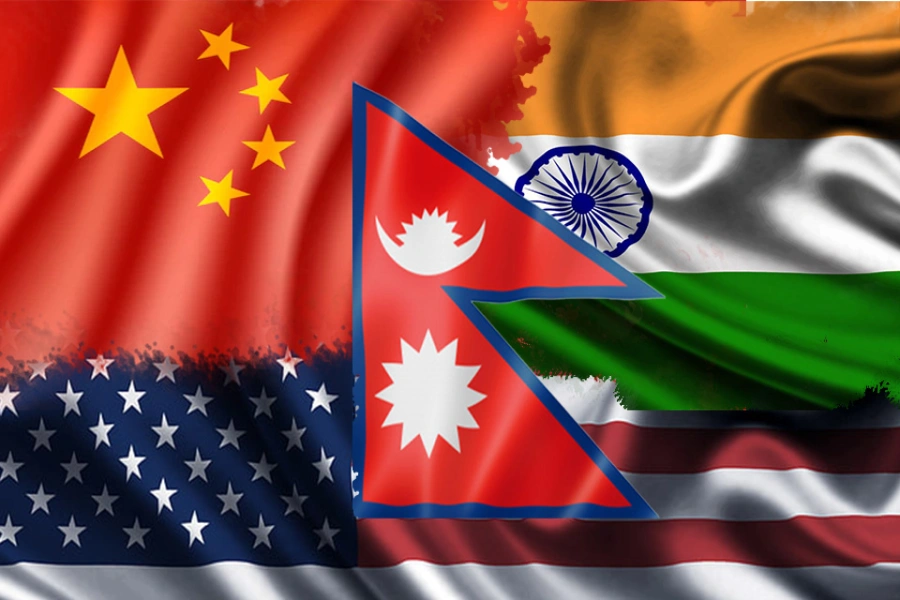NEW DELHI, Aug 14: A murder case has been filed against former Bangladesh Prime Minister Sheikh Hasina and six others for their alleged involvement in the death of grocery shop owner Abu Sayeed, who was killed in a police shooting on July 19, Bangladesh newspaper The Daily Star reported.
According to the report, Sayeed's body was discovered on July 19 in Dhaka’s Mohammadpur area.
This marks the first legal action against Sheikh Hasina since her resignation from the Prime Minister's office on August 5, followed by her departure to India. The other accused in the case include Awami League General Secretary Obaidul Quader, former Home Minister Asaduzzaman Khan Kamal, former Inspector General of Police Chowdhury Abdullah Al-Mamun, ex-DB chief Harun Or Rashid, former DMP commissioner Habibur Rahman, and ex-DMP Joint Commissioner Biplob Kumar Sarker.
Bangladesh SC Bar President urges India to arrest and return Sh...

The complaint was lodged by Amir Hamza Shatil, a Mohammadpur resident and a "well-wisher of the victim", the report said.
The case has been filed with the Dhaka Metropolitan Magistrate Court under Rajesh Chowdhury and is scheduled for an upcoming hearing.
According to a complaint filed by Shatil, Abu Sayeed was reportedly killed around 4 pm local time on July 19 during an incident where "police were indiscriminately shooting at students and common people” amidst the anti-quota protests. Shatil also mentioned that although Abu Sayeed was not a close acquaintance, he felt compelled to file the case.
The complaint also reveals that Abu Sayeed’s family resides in Boda Upazila of Bangladesh’s Panchagarh district. It said that the victim’s family lacks the financial means to initiate legal action.
Sheikh Hasina, who was in power for more than 15 years, was forced to leave the country last week amid intense student-led protests. Initially starting peacefully in early July, the demonstrations quickly turned violent, and police intervention resulted in the deaths of hundreds of protesters.
On August 8, Nobel laureate Muhammad Yunus assumed the role of chief advisor, akin to a prime minister, heading the interim government.






































